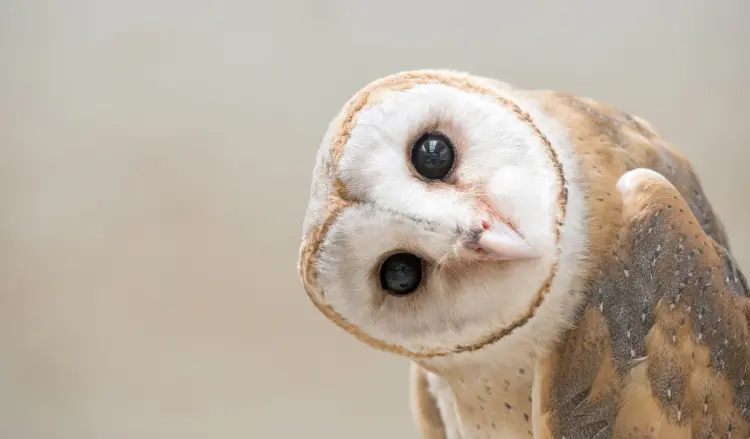Some African birds nest all year round. Here’s how to protect them
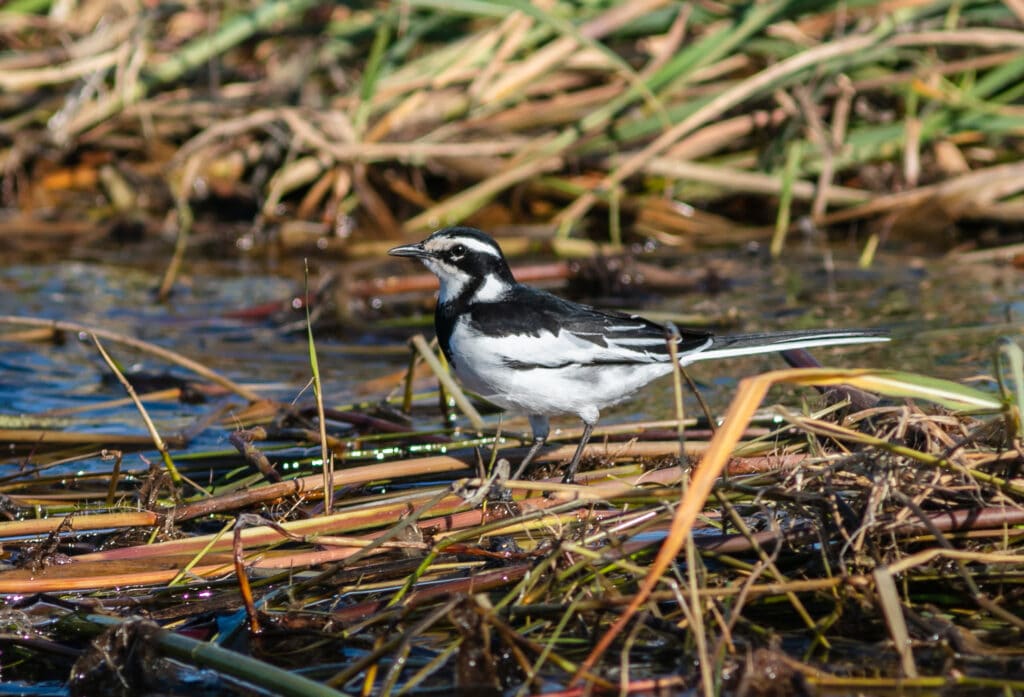
Africa is home to many resident species that breed all year round. Here are some tips on how you can help them nest in safety.
This article is part of our Spring Alive programme, which aims inspire and educate children across Africa and Eurasia about the wonders of nature and bird migration. The 2021 Spring Alive season has been made possible with the continuing support of HeidelbergCement.
The 2021 Spring Alive season drew to a close in December. With COVID-19 restrictions lifted for many countries, our partners across Europe, central Asia and Africa were able to resume their usual programme of school lessons, outings and workshops. In the Autumn, we welcomed two brand new Spring Alive partners: Senegal and the Ivory Coast. The 2021 theme, “How should we protect bird nests?”, formed the focus of the activities throughout the year.
Spring Alive’s messaging mainly focuses on seven migratory bird species that breed in Europe and spend the winter in Africa: the White Stork, Collared Sand Martin, Barn Swallow, Common Ringed Plover, Common Cuckoo, European Bee-eater and Common Swift. However, Africa is also home to many resident species that breed there all year round – so it is still important for our African partners to spread the word on how to protect birds’ nests. Here are just a few African species that can benefit from our action, with advice that can be applied to breeding birds anywhere in the world. Why not make it your New Year’s resolution to give your local birds a helping hand this year?
by Jessica Law

The White-faced Whistling-duck breeds all year round across sub-Saharan Africa. Because it nests on the ground, its eggs and chicks are particularly at risk from predators, trampling and disturbance. If you want to help it raise its young in peace, try to stay on the path when going for a walk in nature, and keep to areas intended for the public.
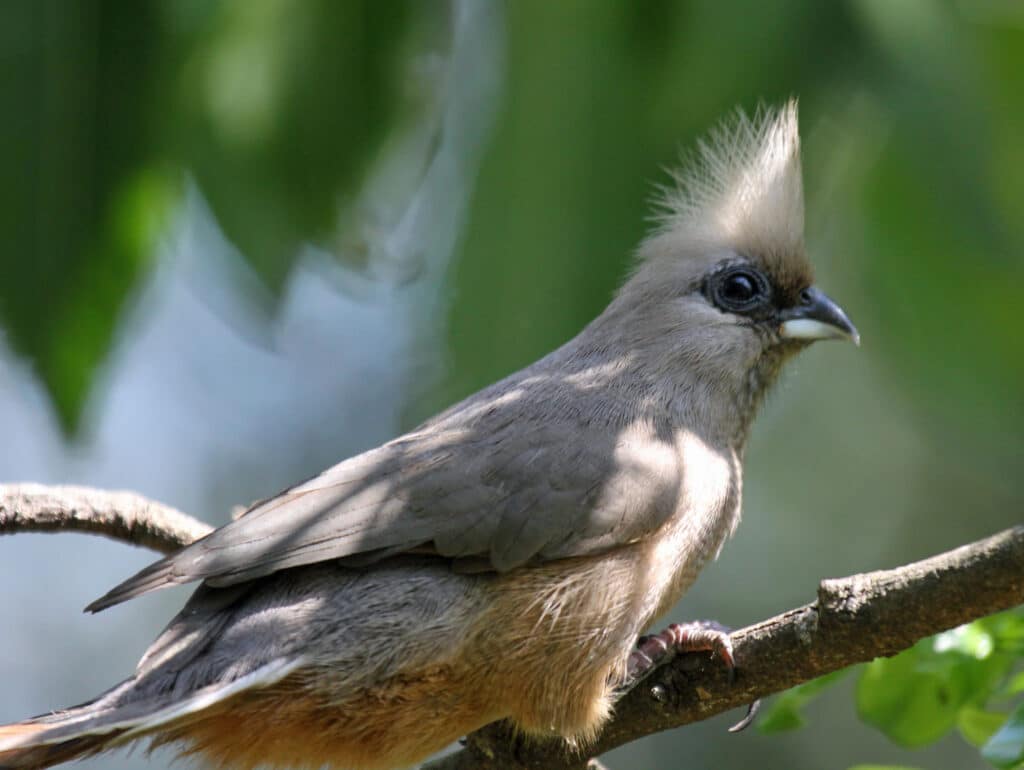
The Speckled Mousebird is a common ‘backyard bird’ across Africa, and can nest at any time of year. If you spot one building its nest in your garden, give it a helping hand by letting your bushes and trees grow. The foliage will provide safe shelter for the nest – and plenty of building materials!
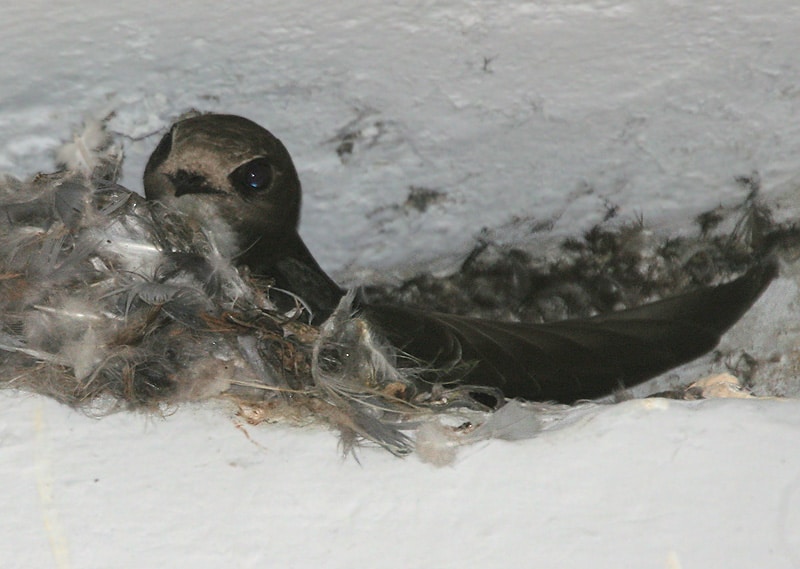
Little Swifts build their nests in cracks and crevices under roofs across Africa. But as buildings are repaired and modernised, the swifts are running out of homes. You can give them more real estate choices by putting up a nest box. Buy them ready-made or try your hand at making your own – there are plenty of great instructions online.
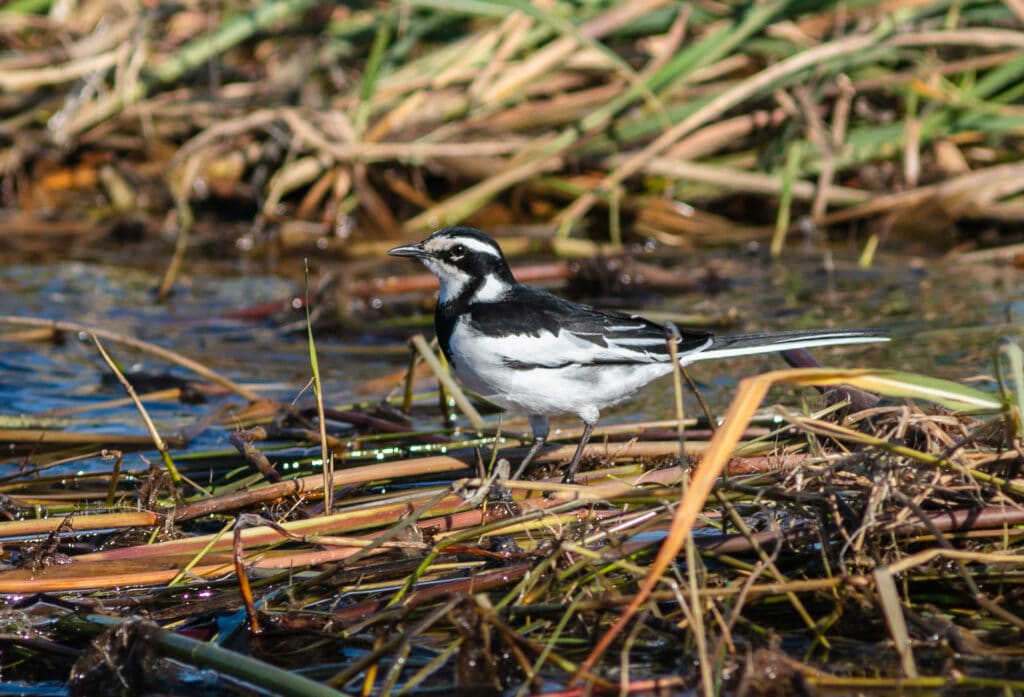
October is peak breeding time for the African Pied Wagtail across sub-Saharan Africa. The species likes to build its cup-shaped nests near waterways such as flooded grasslands, rivers and marshes. However, many of Africa’s wetlands are being drained to make way for agriculture or buildings. By supporting nature conservation groups, you can help protect the most important habitats for breeding birds.
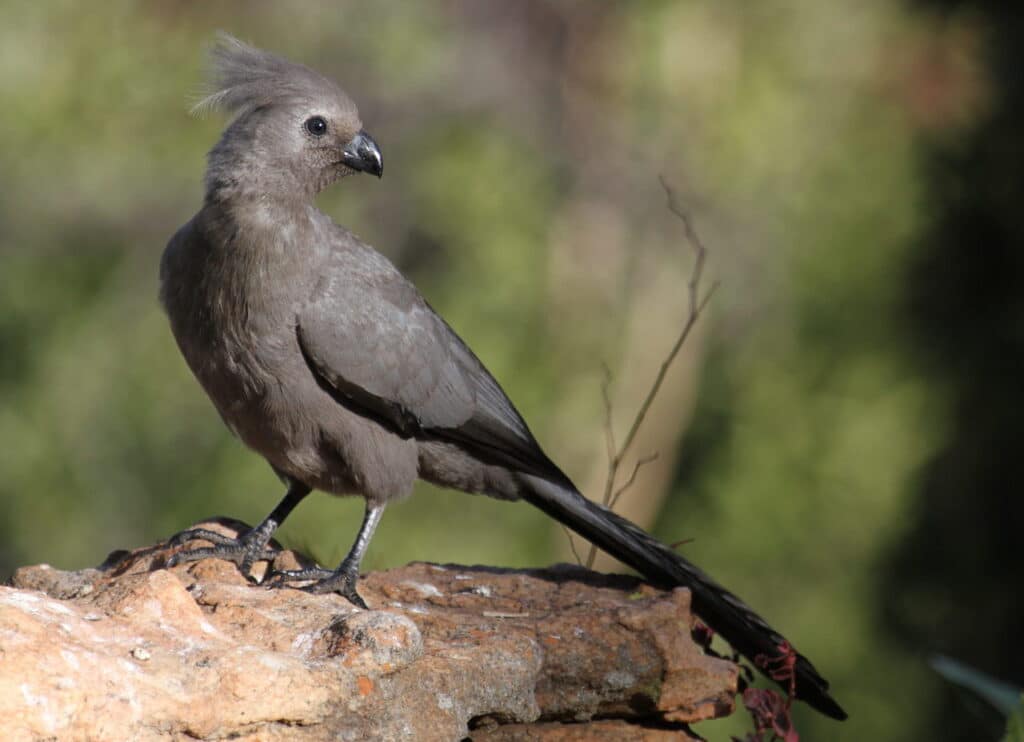
The Grey Go-away Bird is named after its distinctive call, which really does sound like a person shouting “Go Away!” in English. When it comes to nesting, its call is particularly appropriate. If you get too close to nests, you could risk damaging them – even loud noise and disturbance could be enough to make parents abandon their nest. What’s more, you may be leaving a scent trail for predators to follow straight to an easy snack – so always keep your distance.
2022 will be an exciting year for Spring Alive. This spring, our new website will be launched, providing an updated platform for activities, teaching resources and news. The public will also be able to record their sightings of Spring Alive species on our interactive map as the birds migrate from country to country. This is particularly appropriate given the theme for this year, citizen science: a vital source of data that is becoming a growing force in bird science and conservation.
Stay up to date
Sign up to receive the latest bird conservation news. You’ll also receive updates about our projects, science and other ways to get involved including fundraising.
Thank you for your support, we are committed to protecting your personal information and privacy. For more information on how we use your data, please see our Privacy Policy. You can unsubscribe from emails at any time by using the link in the footer of any email from us.
